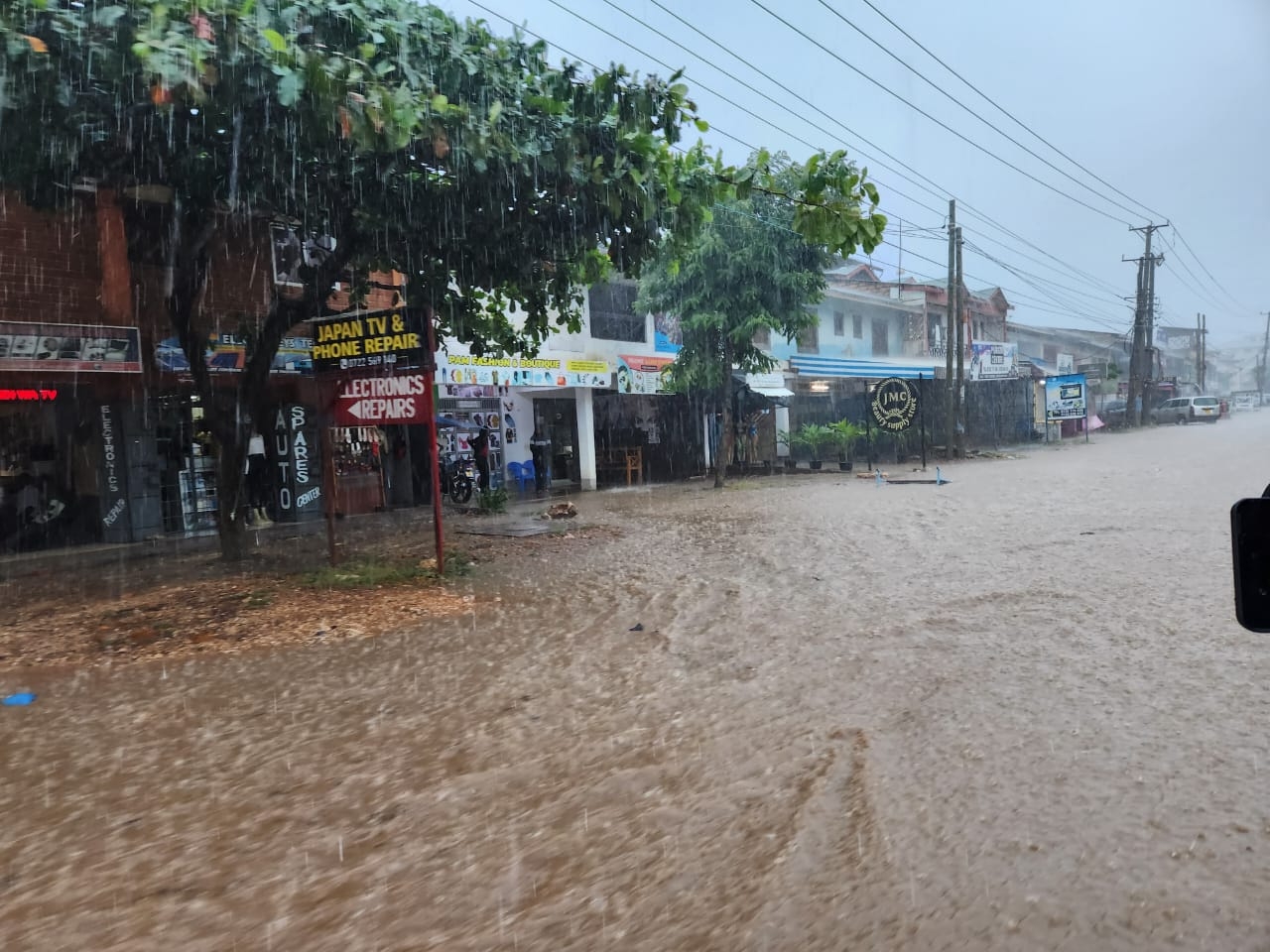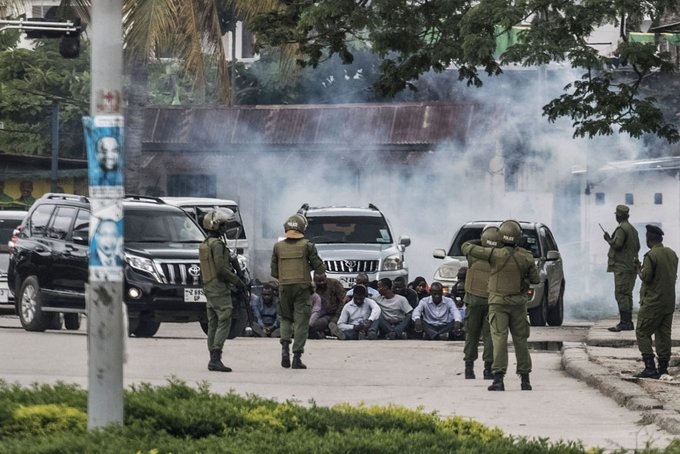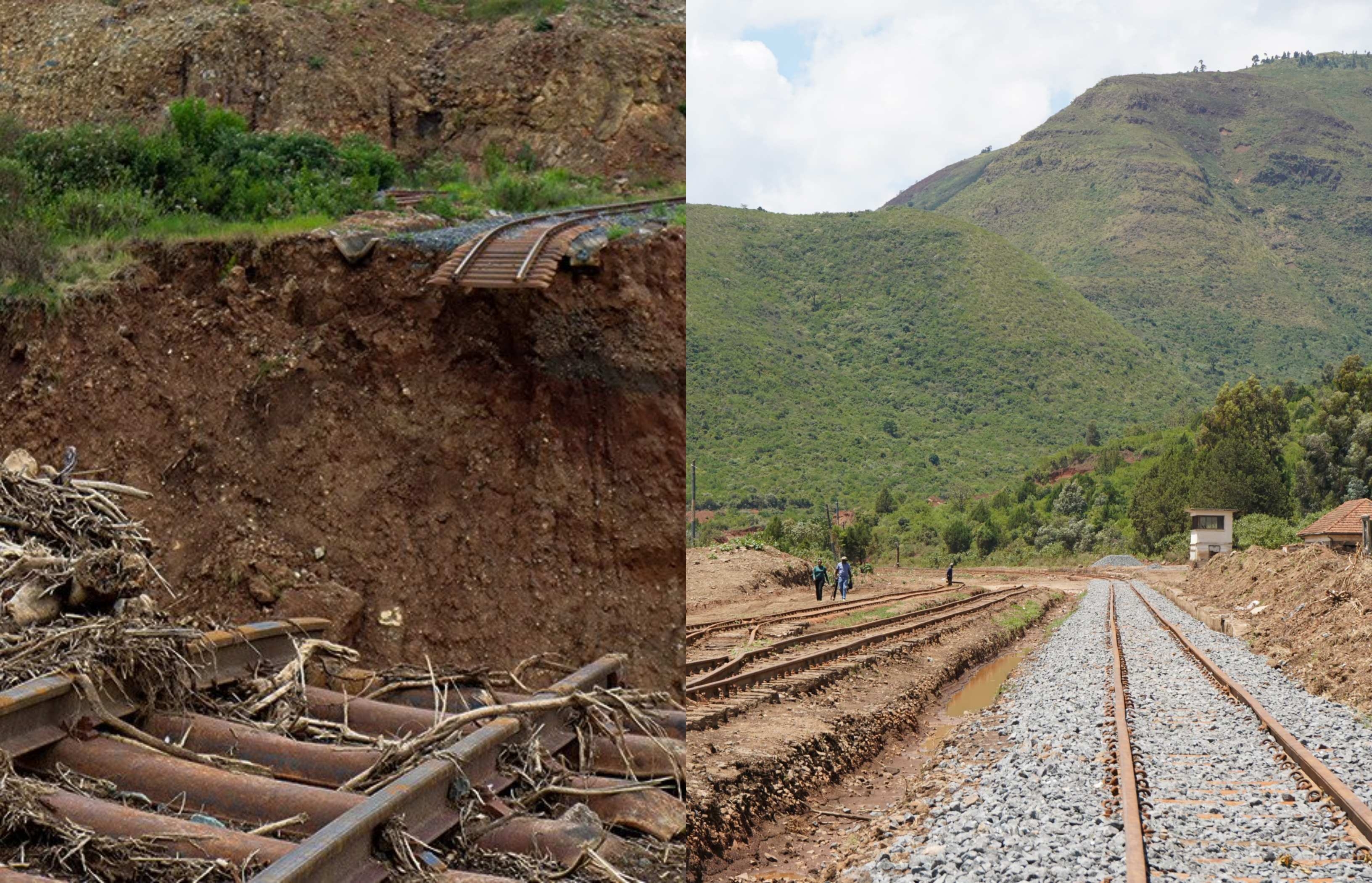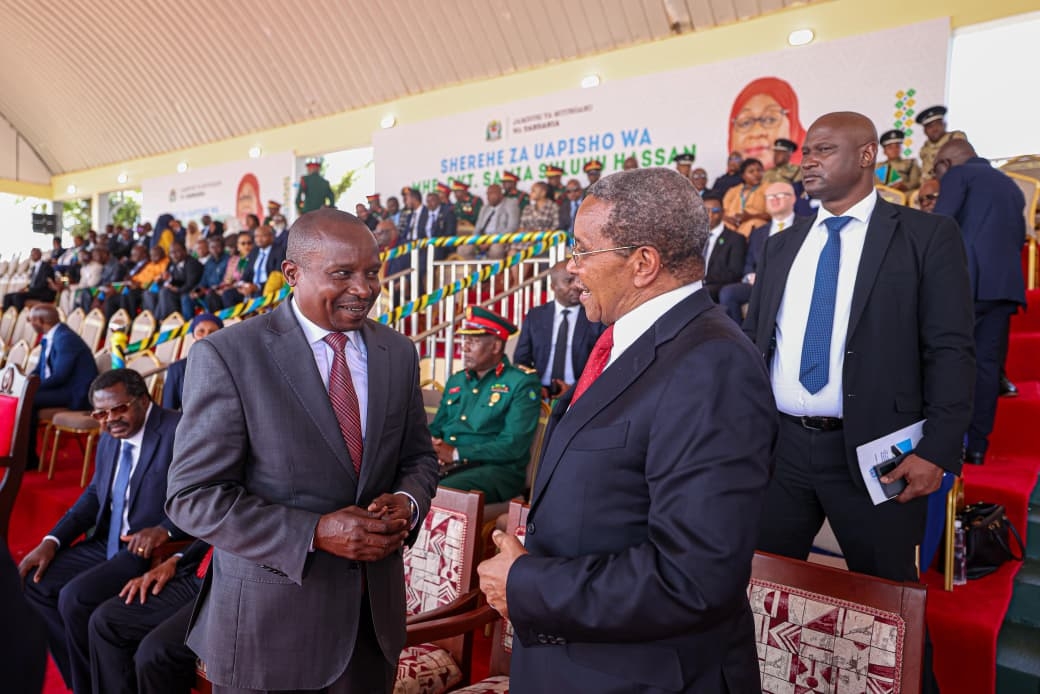Government and UN officials visited frontier counties in the past few days to identify opportunities for innovation.
The visit took place on February 26-28. The group was joined by development partners. The officials were led by Devolution CS Eugene Wamalwa and UN Resident Coordinator to Kenya Siddharth Chatterjee.
The aim was to promote public-private partnerships at the county level, and ultimately promote socioeconomic transformation in historically marginalised counties.
The delegation visited a water pumping and desalination station in Wajir that was built under a public-private partnership by the government, USAID, the Swiss government, World Vision, Boreal Light and the Millennium Water Alliance.
The visit followed a high-level mission organised by the UN and FCDC in 2018, whose theme focused on the realisation of the SDGs in the counties that informed the current United Nations Development Assistance Framework.
The mission was conducted as part on ongoing efforts by the Ministry of Devolution, arid and semi-arid lands and the UN system to build on the existing UNDAF 2018-2022, which responds to the clarion call by UN secretary general Antonio Guterres of “leaving no one behind and reaching the furthest behind first”.
The thematic focus of the mission is on access to water. Specifically to facilitate high-level dialogues and visits to development initiatives related to water which have the potential to advance the Big Four agenda.
Analysis shows that water shortage hurts pastoralism and agriculture.
Combined with the egregious effects of climate change, scarcity of water is one of the root causes of conflict and a driver of extreme poverty, leading to degraded health, livelihoods, radicalisation, criminality and forced migration.
Water, the officials said, is one of the most important inputs for industries and economic development. It can have a positive impact, unlocking risk capital in SMEs if it is available, or a negative impact if it is scarce.
The development initiatives visited were in the counties of West Pokot, Turkana, Wajir, Garissa, Isiolo and Marsabit. They are meant to provide targeted intervention and will be locally owned.
The initiatives were conceived to bring water and other essential services to historically marginalised communities and areas. Members of the communities were trained to develop and maintain them.




















